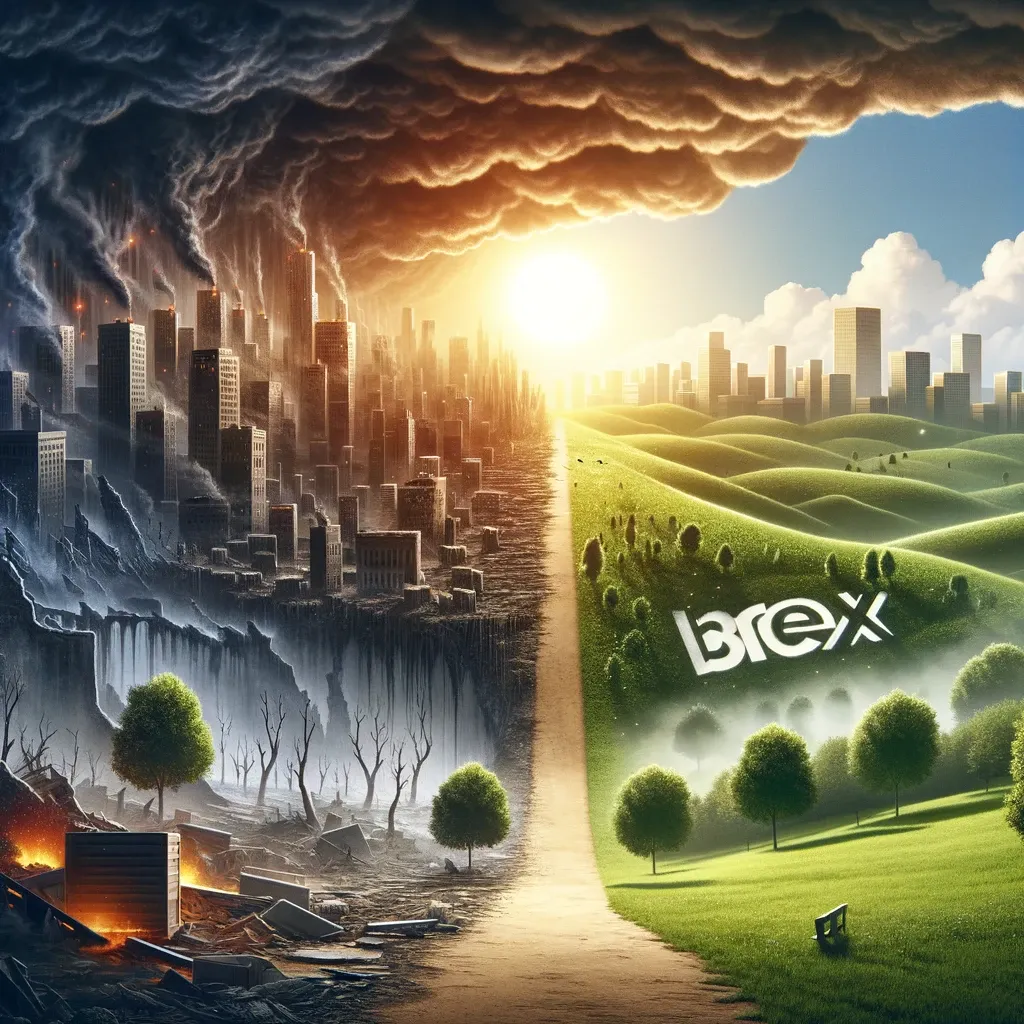Broligarchy Endgame: Total Monopoly Through Government-Backed Intelligent Infrastructure
This multi-part essay explores Silicon Valley’s meteoric rise in influence over public infrastructure, the monopolization of autonomous systems, and what can be done to prevent a new era of digital feudalism in the wake of the current regime’s ambition to run America like a private corporation.
2025 Venture Capital Industry Forecast
In 2024, capital concentration among dominant VC firms reached unprecedented levels. As inefficiencies widen, 2025 will mark a recalibration of early-stage investing, with venture studios emerging as a sustainable model to fill funding gaps and challenge the Power Law Cartel.
The Unicorn Hangover: A Decade of Reckoning Looms for Venture Capital
We may be well into the 2030's before the venture asset class returns

